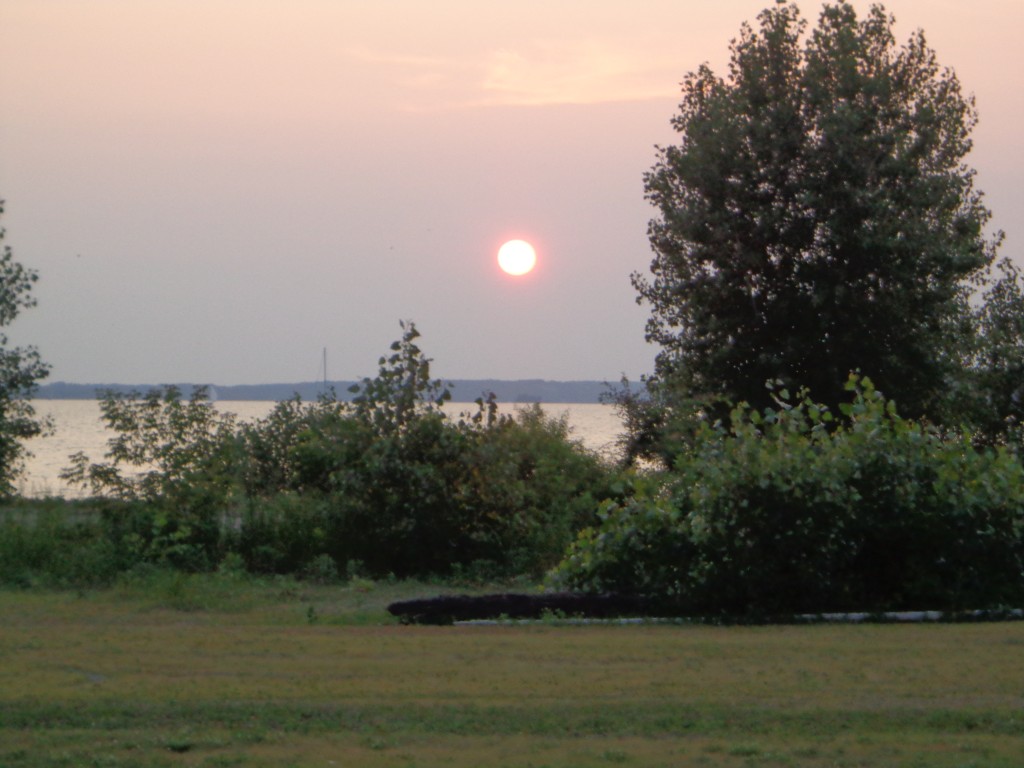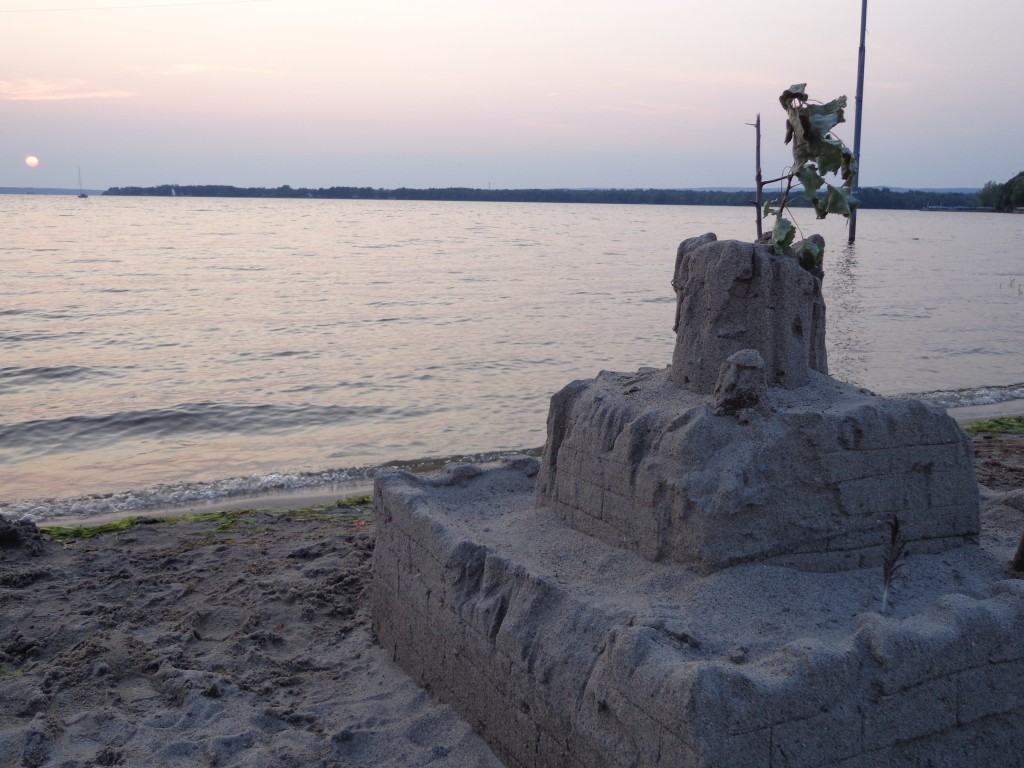The Islamic calendar is lunar. This is why no one is ever quite sure when Ramadan starts and when it ends too- Muslims are looking to the moon. Some believe that the moon must be seen with the naked eye while others contend that a telescope or astronomical calculations are good enough.
I sat on the South Indian beach one sultry night watching the sky with Muslim friends. It seemed very romantic to me- waiting for the moon to tell us whether fasting would begin the next morning.
I was in Kerala, on Kovalam Beach. It’s a humid place with salt in the air, where the electricity goes off every day at 6 p.m., and I always kept careful track of my candles and matches. It’s a place with spiders as big as my hand and snakes as large as my body, a place where I had to walk down a jungle path shared by such spiders and snakes twice a day.
Kovalam is very close to the equator: sunrise and sunset were at 6 a.m. and 6 p.m. every day of the year- a 12 hour fast. (In Canada, the fast varies widely depending on the month. This July has been hot, the fast being 15 long hours without drink, food or cigarettes.)
We sat in a crowd on the beach that night, in a deep enveloping darkness, watching for the full moon over the hard-pounding surf of the Indian Ocean. The locals had relaxed into a holiday mood, but I was concerned- it was cloudy and the stars weren’t visible. We didn’t see the moon although we sat for hours, and the light-heartedness of my companions did not diminish.
“But how will you know?” I asked my friend. “Who will tell you?”
“In Saudi, they will be seeing the moon.”
“What if it’s cloudy there too?”
He laughed. “They are not having clouds in Saudi.”
“Well, how will you know tonight?” There was no electricity, no radio or television. In fact, I was quite sure he didn’t have a telephone.
“I am starting now because maybe tomorrow is being the first day.”
“But how will you know?” insisted my Western personality.
He looked at me kindly. “Ramadan is being in the heart. It is bringing me closer to my God. If I am being early it is wonderful thing and I am not taking the chance for missing even one day. It is best days of all the year. It is happiest time for me: My heart is singing with the God every day in the Ramadan.”
I thought these Indian Muslims were quite different from the Turkish Muslims I had known. In Western Turkey, Ramadan had been announced by the imam at the mosque; the restrictions were resented but endured by the people I hung out with there. Appearances and judgmental neighbours were a real concern. I’d never heard anyone speak of Ramadan with this kind of excitement and devotion.
The arrival of Eid which marks the end of Ramadan is also washed with uncertainty. This year it may be Monday or Tuesday. Funny pie chart here lists ways of discerning the date including “My mom will tell me” and “Just keep fasting until the phone explodes with Eid texts”.
In every Islamic culture I’ve been in, and also in Canada’s Muslim community, Eid is greeted with euphoric celebrations. No holiday is greater in Islam. The joy (and even relief) is profound.
The phrase “Eid Mubarak” means “Blessed Celebration” or more loosely- “Happy Festival”, and so on Monday, or maybe Tuesday, it’s the the thing to say to your Muslims neighbours.












